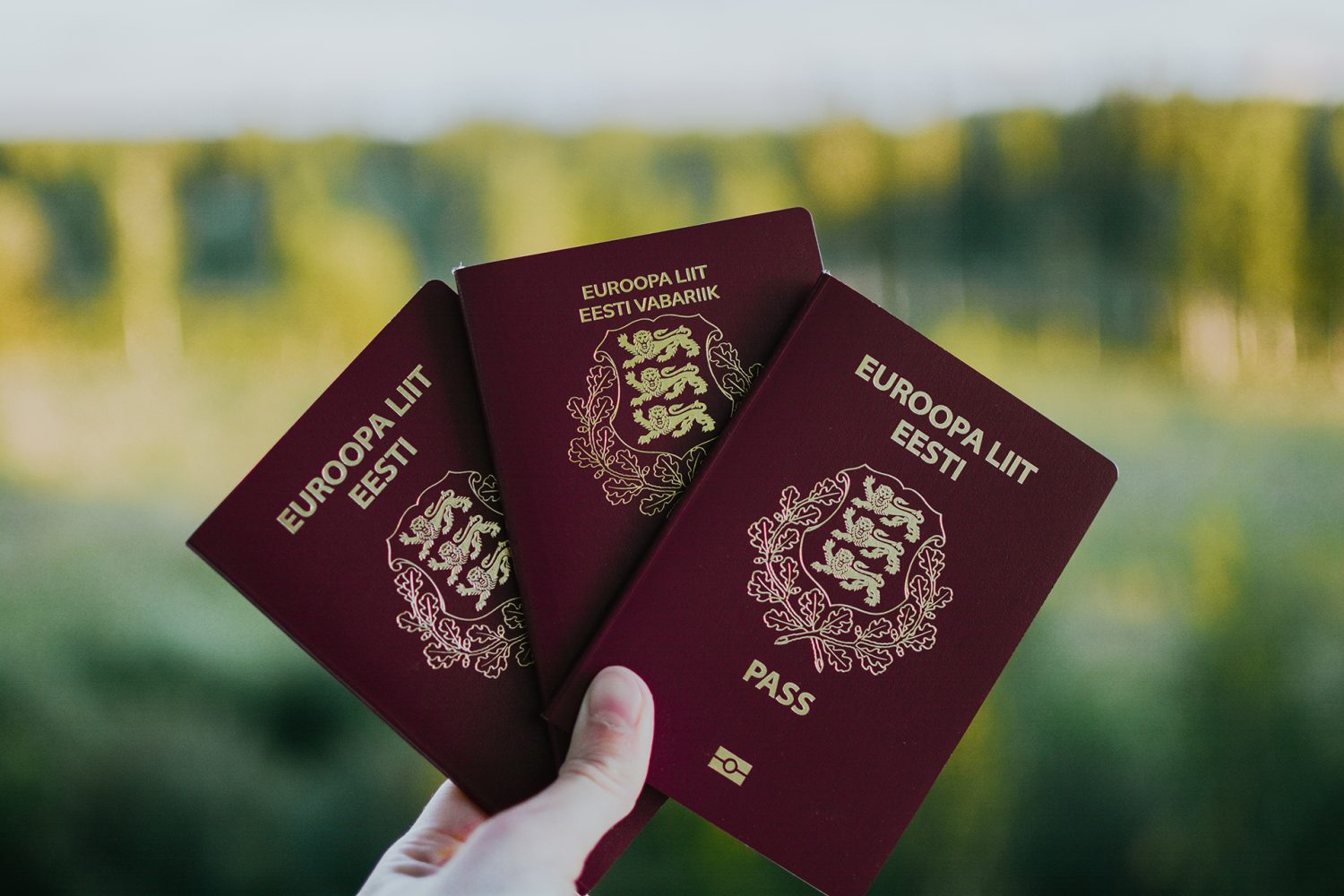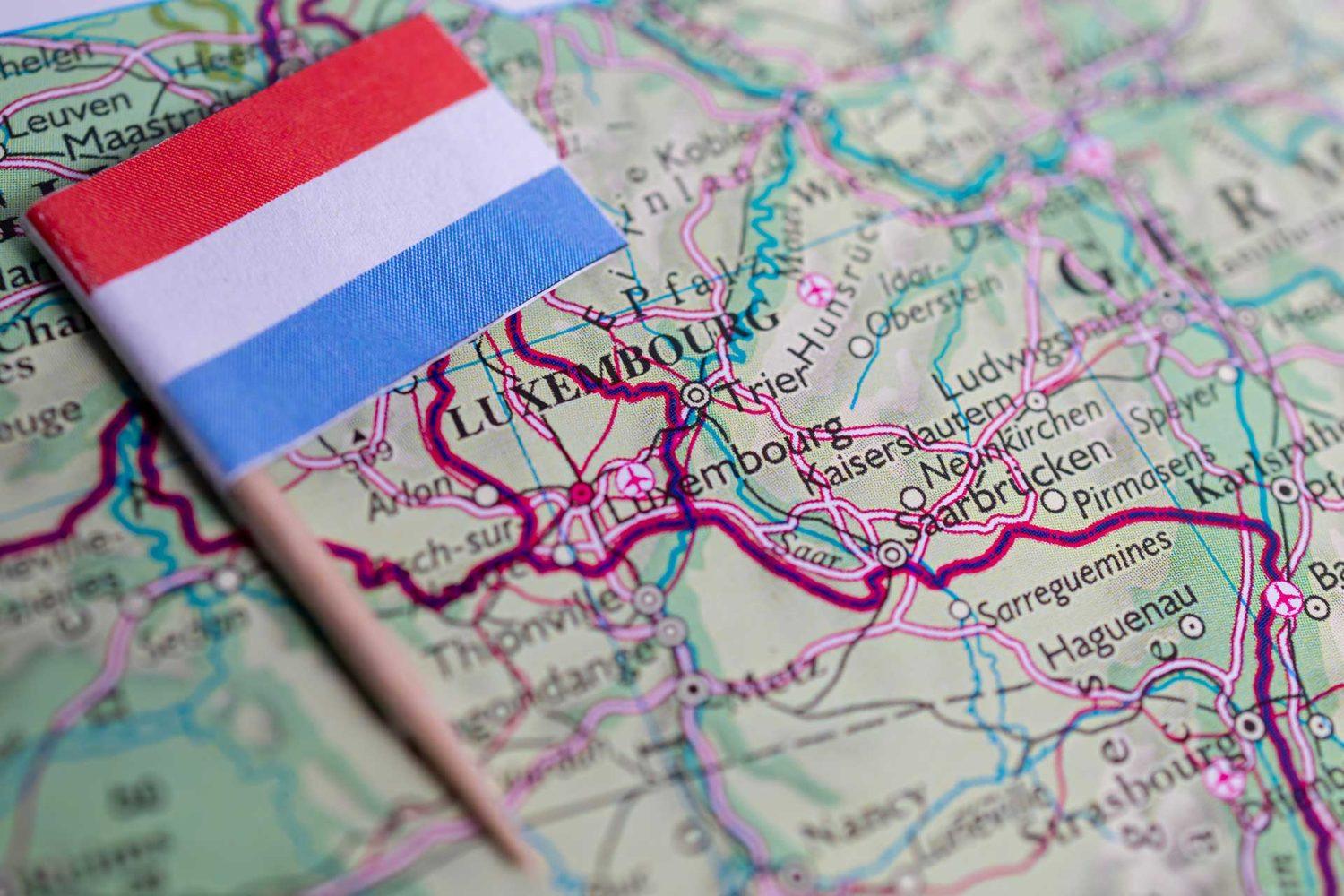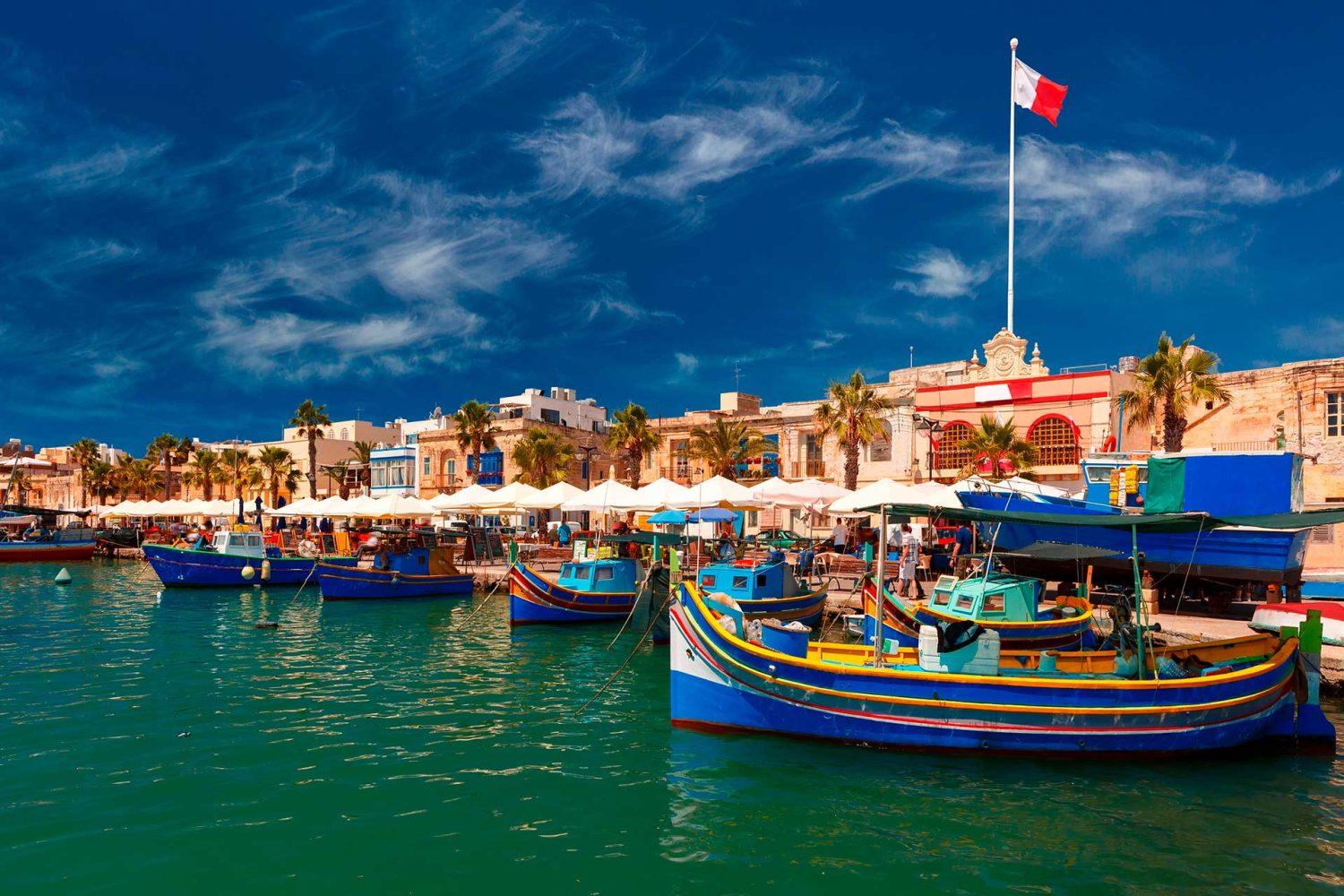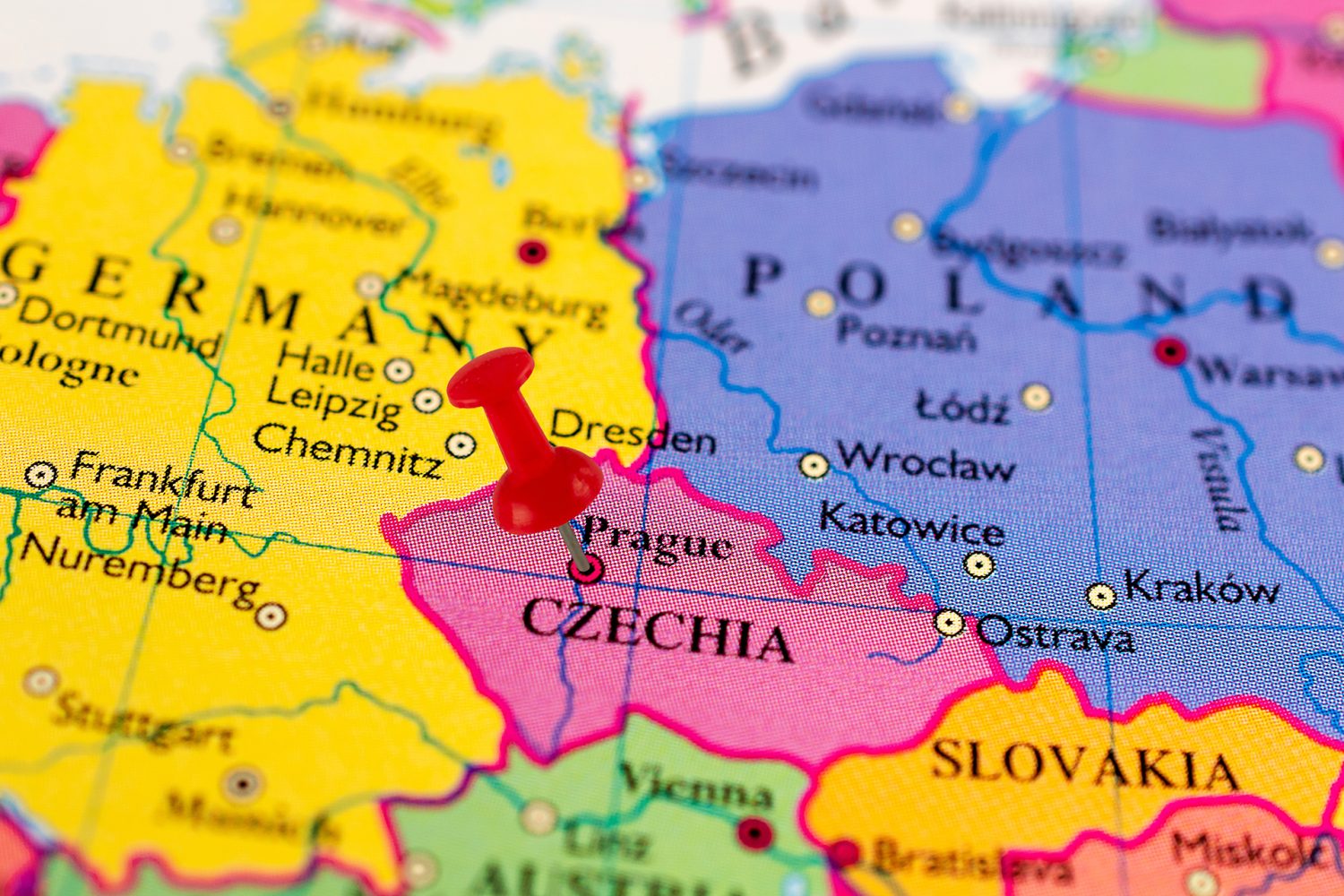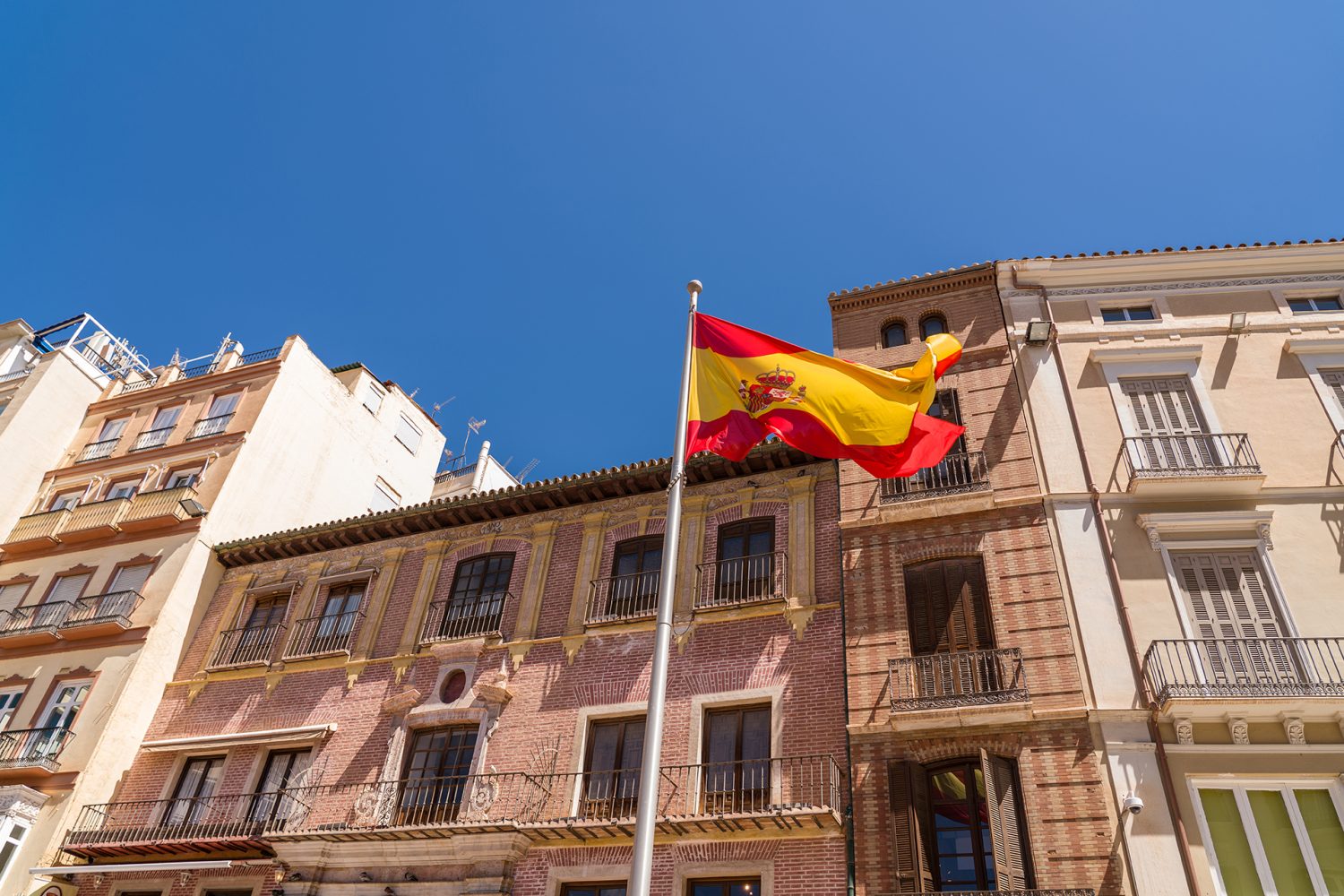
Diana Weber
Lawyer of international law
Rating:
25
March
How to Get Сitizenship of Bulgaria
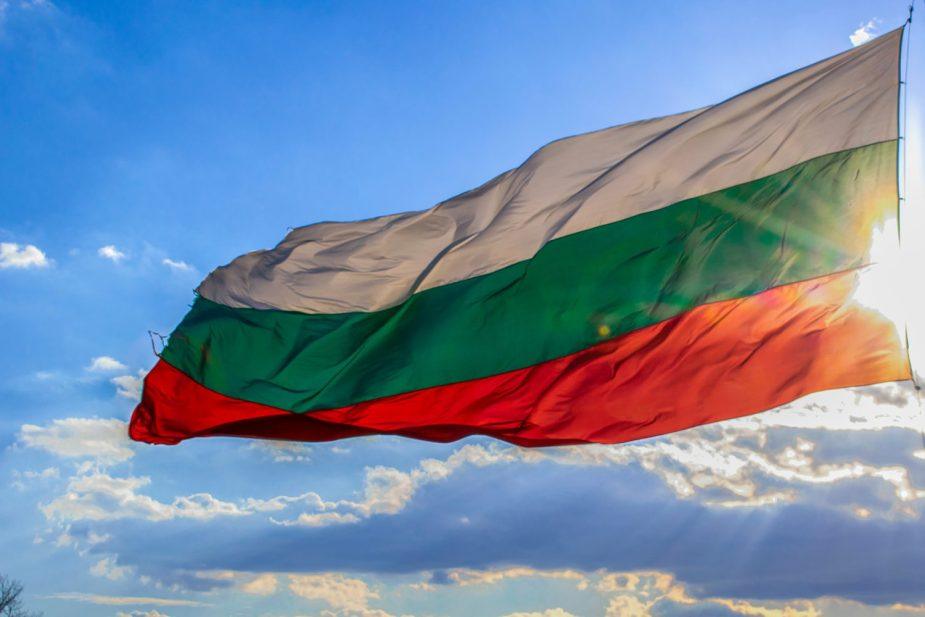
Bulgarian citizenship is a status that confirms the relationship of a natural person with this country, expressed in the presence of mutual rights and obligations. The basis for granting citizenship and constitutional rights is the law of the same name dated February 20, 1999. The Republic of Bulgaria is part of the European Union, so the holders of a local passport are also EU citizens.
A Bulgarian passport is an identity document of a local citizen. The document can be internal (ID card, for use within the republic and within the European Union) and foreign. The Bulgarian foreign passport is the eighth strongest in the world and allows the owner to travel within a visa-free regime to Canada, Japan, Australia and all European countries. Also, with the identity card of the republic, the applicant has the right to work, study, and receive services in banks and clinics throughout the EU, on an equal footing with the local population.
Get more information about the peculiarities of immigration to the EU at a free consultation
In 2026 legal status in Bulgaria can be obtained in different ways, from the right of birth to preliminary residence in the country on the basis of residence. For foreign persons, the three most relevant ways to obtain a European Union passport are naturalization, investment, and repatriation. The features of each of the ways are described in more detail in order of the rapidity of granting citizenship.
Persons who have convictions for a number of crimes, or pose a threat to the republic with their actions (for example, are members of terrorist organizations), will not be able to issue a Bulgarian passport. Also, according to the law “On Foreigners”, an applicant may be denied or deprived of the already granted status if it turns out that he provided fake documents or false information about himself for its registration. To avoid mistakes when submitting a request, which will certainly lead to its rejection, immigrants often enlist the support of professionals in the field of jurisprudence.
Programs for granting Bulgarian citizenship through investments in the local economy as of 2026 have been canceled. However, the local law “On Foreigners” provides for the right for foreign investors to obtain the status of a permanent resident of the republic without prior residence in the country. Persons who are ready to invest approximately from half a million euros in the state’s investment funds can apply for permanent residence.
The size of the mandatory contribution increases depending on the area of investment. For example, if a foreigner is ready to contribute an amount of 3,100,000 EUR, he/she may not limit him/herself in choosing a sponsored commercial enterprise registered in Bulgaria. Thanks to the direct receipt of a permanent resident card, the applicant can naturalize in the republic already five years after the status is issued (instead of 10 - in general). More details about the program for acquiring a passport for investments are told on a separate page.
Submit an application form and we'll get back to you!
A foreign person who ethnically belongs to the local population can become a repatriate in Bulgaria. The applicant needs to prove that at least one of his/her relatives in the direct ascending line up to the 3rd generation had the citizenship of the republic (or possesses a Bulgarian national identity card at the moment). Applicants for the restoration of civil rights by roots are not required to be in the country before submitting a request, know the state language, and refuse an identity card at home country. Also, other requirements are not put forward to repatriates, for example, about financial solvency.
The experience of professionals in the field of jurisprudence proves that Bulgarian roots can be found among many residents of the modern territories. Migration lawyers Immigrantinlaw at a free consultation analyze the client’s pedigree, search for confirmations in state archives, and explain all the features of repatriation by a simplified procedure. The chances of obtaining a second citizenship in the EU with the participation of international law specialists are the highest.
The process of naturalization is a common way of formalizing civil status for foreign persons who do not belong to Bulgaria. The procedure looks as follows step by step:
A naturalized person in Bulgaria must be non-convicted, financially secured, with a documented knowledge of the state language and consent to refuse civil status abroad. Also, to start the naturalization procedure, a foreigner needs to have a reason to move to the state. The most common reasons for obtaining a residence permit in the republic are considered below.
Foreign persons who start performing work duties in a company registered in the territory of Bulgaria move to the republic. Persons who request the Blue EU card - a special long-term document for highly qualified specialists planning to work in the country - have a similar right. Also, applicants who come on a business trip or transfer can get a residence permit through employment.
Foreign persons who become owners of an already registered company or create a new enterprise in Bulgaria have the opportunity to move to the country for the process of naturalization. Legislation puts forward certain requirements - for example, the applicant is obliged to provide jobs for at least 10 passport holders of the republic.
Students of Bulgarian universities, colleges, academies have the right to legally reside in the republic, having issued a corresponding temporary permit. There are nuances: for example, only half of the time the applicant is in the state with this type of residence permit is counted in the census of sedentary life. The immigrant needs to pay for his studies at the time of filing the petition and meet some other legislative requirements.
The republic provides residency to persons in need of medical assistance and having an invitation to receive it from a Bulgarian hospital. The letter from the host organization should indicate the reason for treatment, its planned duration, and other information about the patient.
The purchase of residential or commercial premises in the republic for an amount of approximately 300,000 EUR (depends on the rate of the Bulgarian lev) is the basis for legalizing stay in the country and starting the naturalization process. A foreign persons can use the purchased object at their discretion - for example, live independently or rent it out. The purchase of land plots by foreign individuals is not available.
There are also other, less common ways to obtain Bulgarian citizenship, for example, marriage to a local passport holder, a residence permit program for pensioners, refugee status, granting for special merits, and more. Professionals in the field of jurisprudence analyze the client’s request and select the optimal way for him/her to obtain an identity card abroad.
The naturalization process is a long and costly procedure that requires a foreigner to regularly stay in the state and accompanying expenses (renting an apartment, living expenses in general). When leaving the country for more than six months without a valid reason, the resident status can be annulled, and the period of sedentary life is not counted in the required term. Most immigrants choose the path of obtaining a passport of an EU country through repatriation, which takes from 8 months with the help of international law specialists Immigrantinlaw.
In 2025, Bulgaria introduced a series of amendments to the Citizenship Act. These changes concern language requirements, proof of origin, the processing of applications, and even grounds for revocation of citizenship. Some amendments have already been adopted or passed at first reading, while others are still in preparation. Below are the key updates important for those planning to apply for citizenship in 2026:
⚠️ These changes directly affect those planning to apply for citizenship in 2026: applicants will now need a language proficiency certificate, a broader set of documents proving origin, and readiness to undergo additional checks.
Bulgaria is a European state with a developing economy, membership in the EU and NATO, which has a mild climate and access to the Black Sea. Foreigners are attracted by the low cost of living in the country, for example, the estimated expenses per person are about 500-600 EUR per month, without renting housing. Renting apartments in small towns starts from 250 EUR, on the sea coast and in Sofia - from 400 EUR. Personal income tax in the republic is only 10%, and the unemployment rate is gradually decreasing every year.
Moving to Bulgaria by naturalization is an opportunity to become a European citizen for people who have a permanent stable income (remote or passive), or a profession in demand in the republic. Immigration often attracts businessmen who want to develop their own business in the EU Single Market and pay taxes at minimal rates. People who want to spend time by the sea, including retirees, often move to the country.
Nowadays, Bulgaria remains one of the most attractive resorts. The country has a well-established tourist business, and all the necessary infrastructure for recreation is even in small settlements on the sea coast. In the vast majority of hotels, works the staff who know foreign languages (English, Russian) and are friendly to foreigners from different countries. Many hotels operate on an “all-inclusive” system, and vouchers for them are much cheaper than in Turkey, Montenegro, or some EU countries.
The state language of Bulgaria belongs to the South Slavic subgroup and is largely similar to Russian. The basis of writing is Cyrillic, the number of cases is minimized, many words intertwine with similar ones in East Slavic dialects. Emigrants from the countries of the post-Soviet space often communicate with Bulgarians without much difficulty, and master the local language within a few months from the moment of immigration.
Regardless of the chosen path of obtaining Bulgarian citizenship, a foreigner should enlist the support of professionals in the field of jurisprudence. Experienced Immigrantinlaw lawyers help clients avoid common mistakes in preparing documents and communicating with civil servants, and also take on many tasks, from searching for archival certificates to making an appointment with authorized bodies. International law specialists thoroughly understand the requirements of foreign legislation, which allows applicants to choose the optimal way to obtain a second passport with their help.
Submit an application form and we'll get back to you!
How to Get Citizenship of Estonia
25 November
Estonian citizenship is a status that grants you certain rights and a number of obligations to the state. Among the...
How to Get Citizenship of Cyprus
10 February
Cypriot citizenship is your direct link with the state, which is expressed in the existence of certain mutual privileges and...
Permanent Residency in Luxembourg: How to Move and Start a New Life
28 February
Permanent residence permit in Luxembourg is an indefinite resident status granted to those who have spent 5 years or more...
Obtaining a residence permit in Malta: a guide for immigrants
5 March
A Malta residence permit gives you the right to stay on the island for more than six months and enjoy...
Immigration to Czech Republic for Permanent Residence
15 June
Moving to the Czech Republic should start with obtaining an entry document, preparing a place to live and financial savings....
How to Get Citizenship of Spain
16 August
Spanish citizenship (Nacionalidad española) is granted by blood right, option (choice), naturalization in regular or accelerated order. Most often, foreigners...
Discover
new opportunities
with a European Union passport!
Submit the application form and we will call you back!
Leave a request
Contacts


